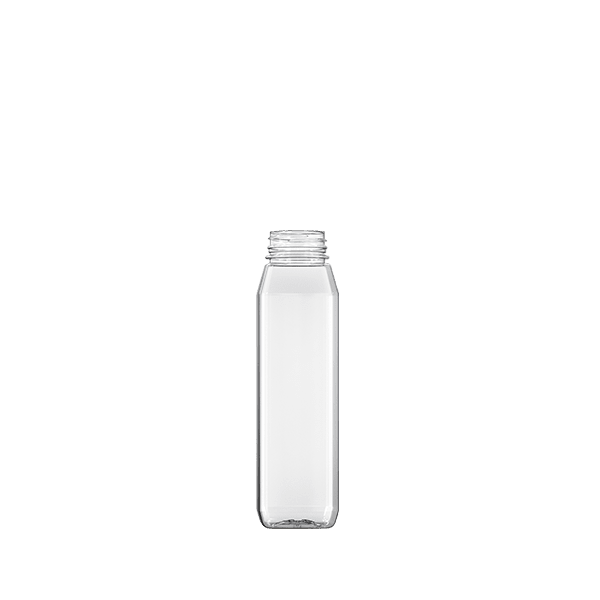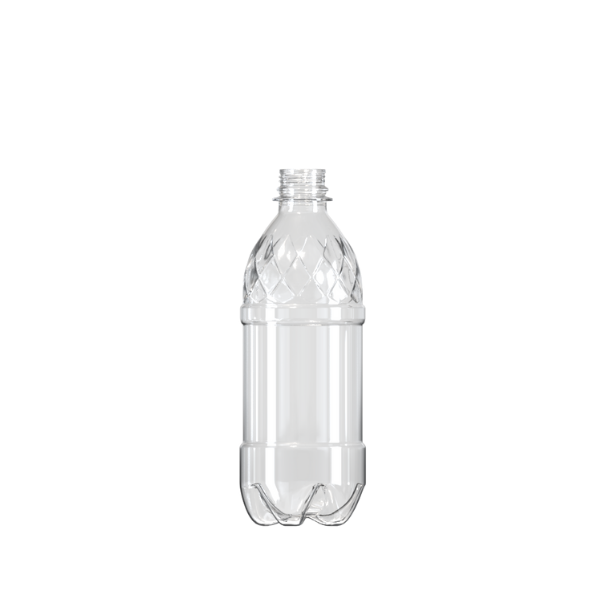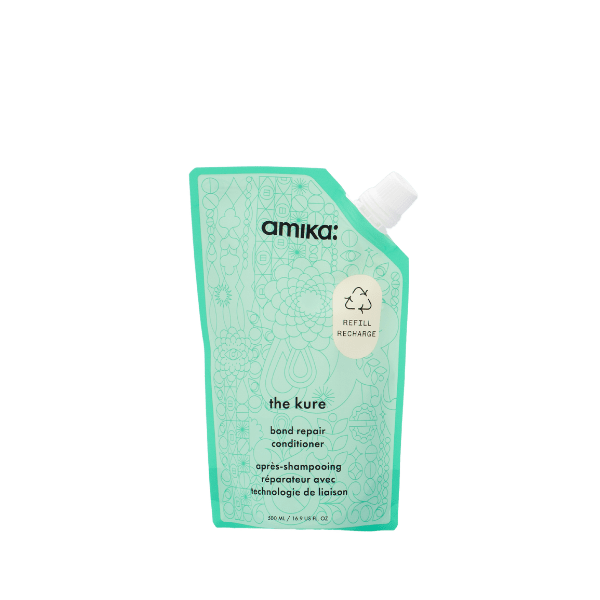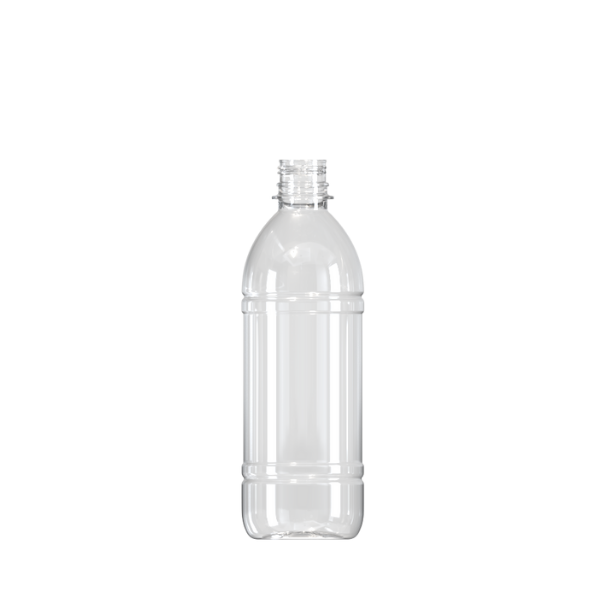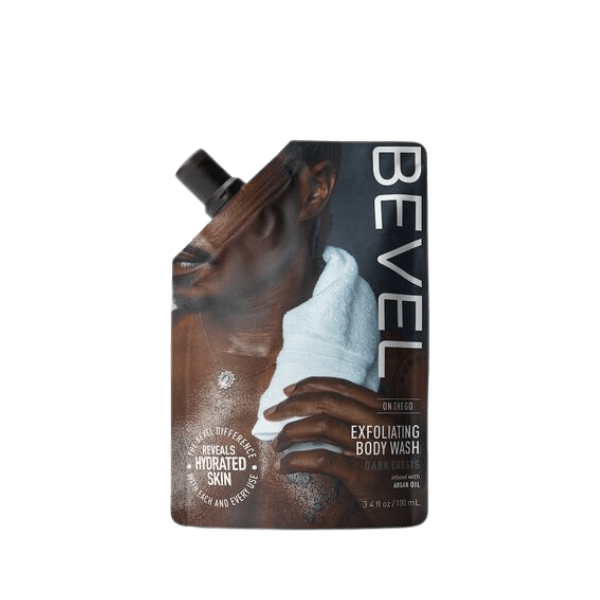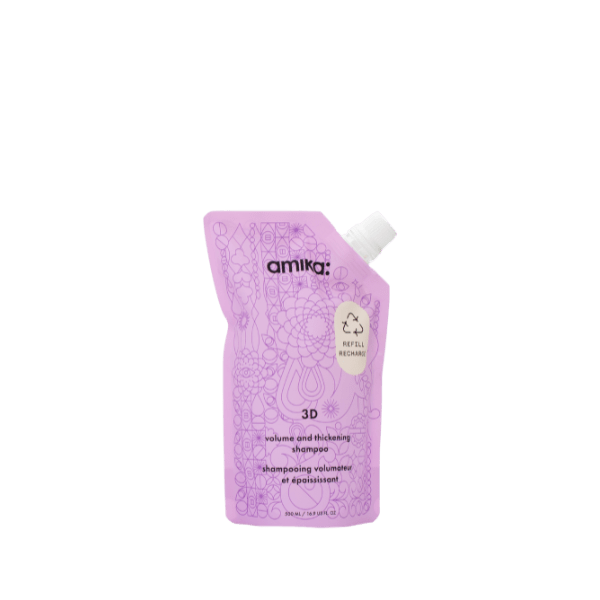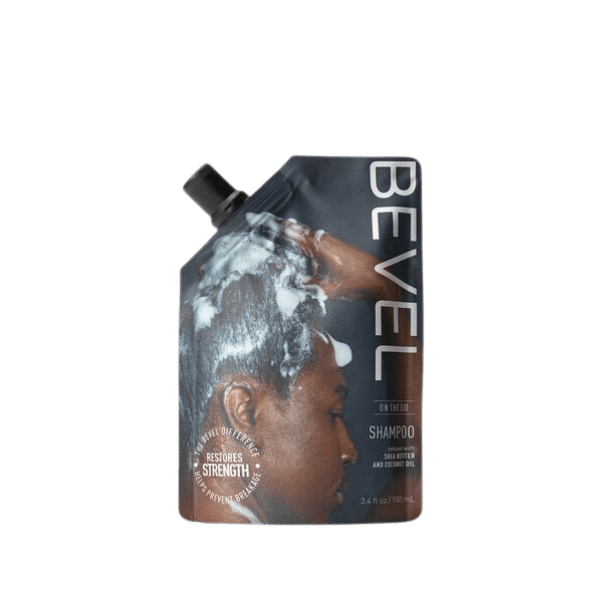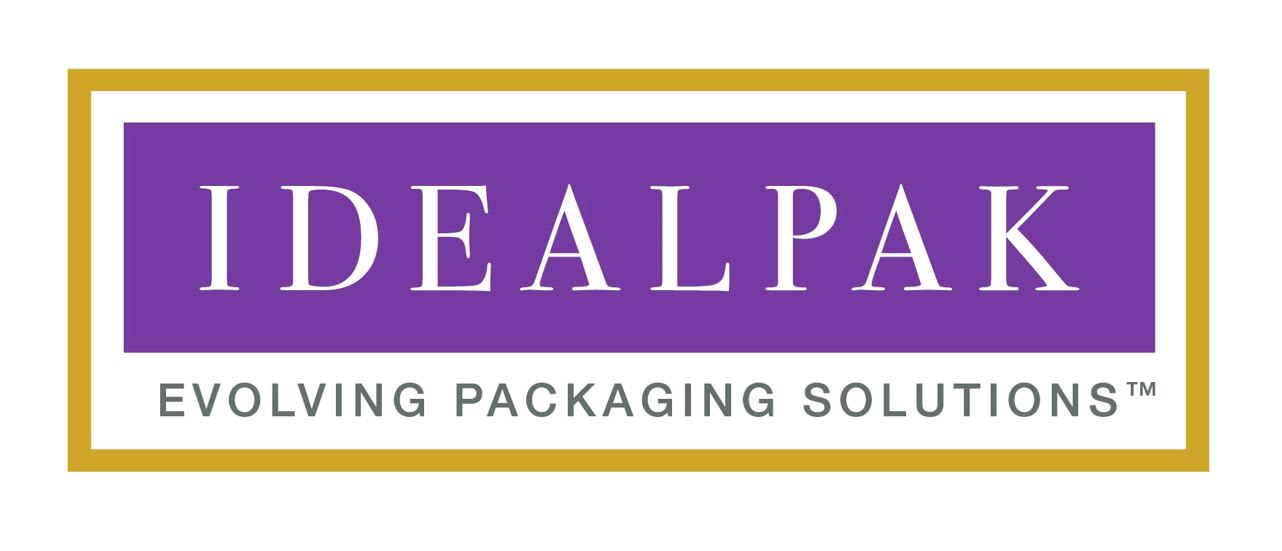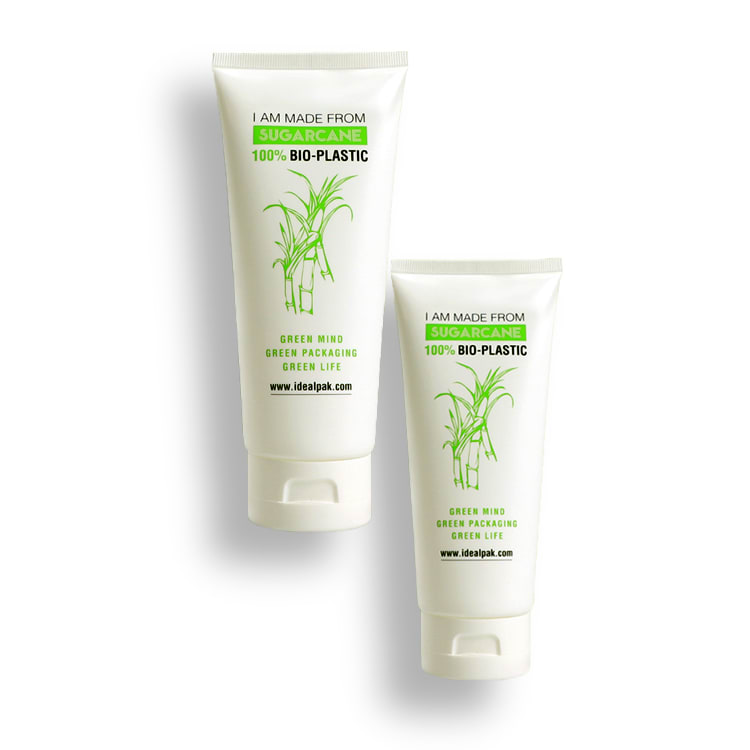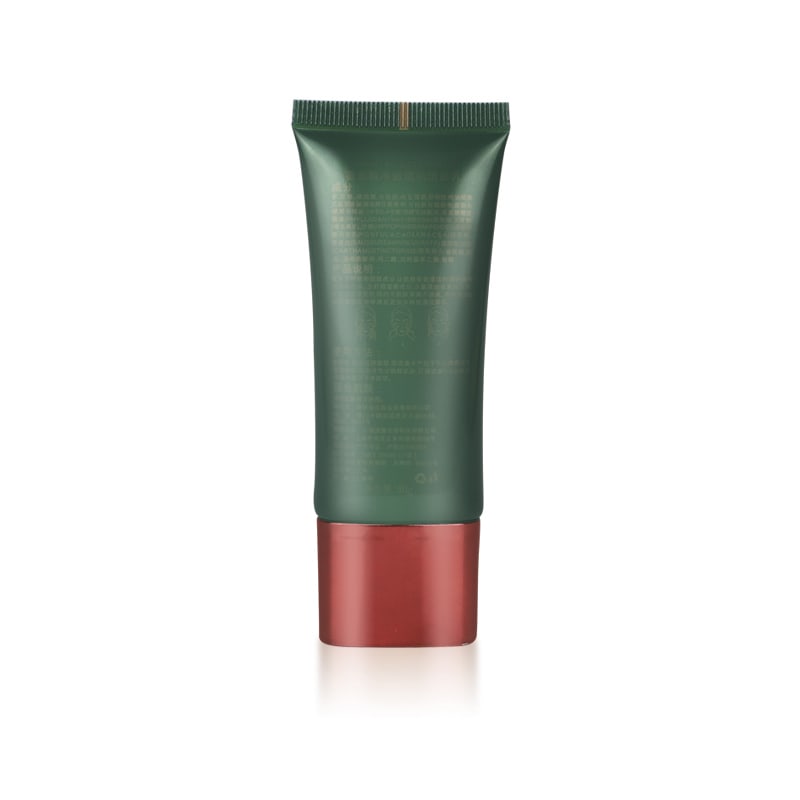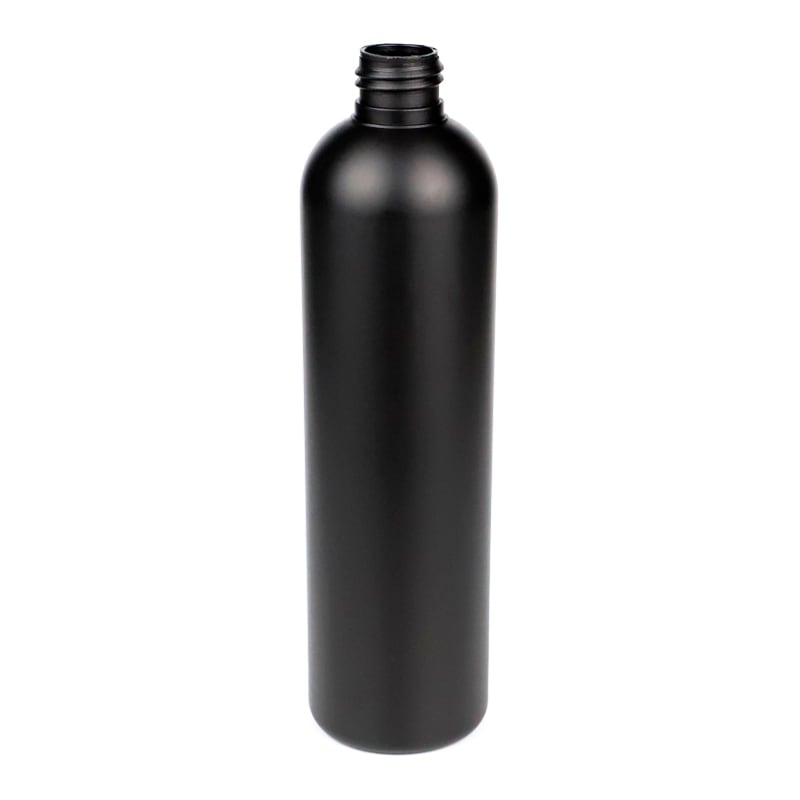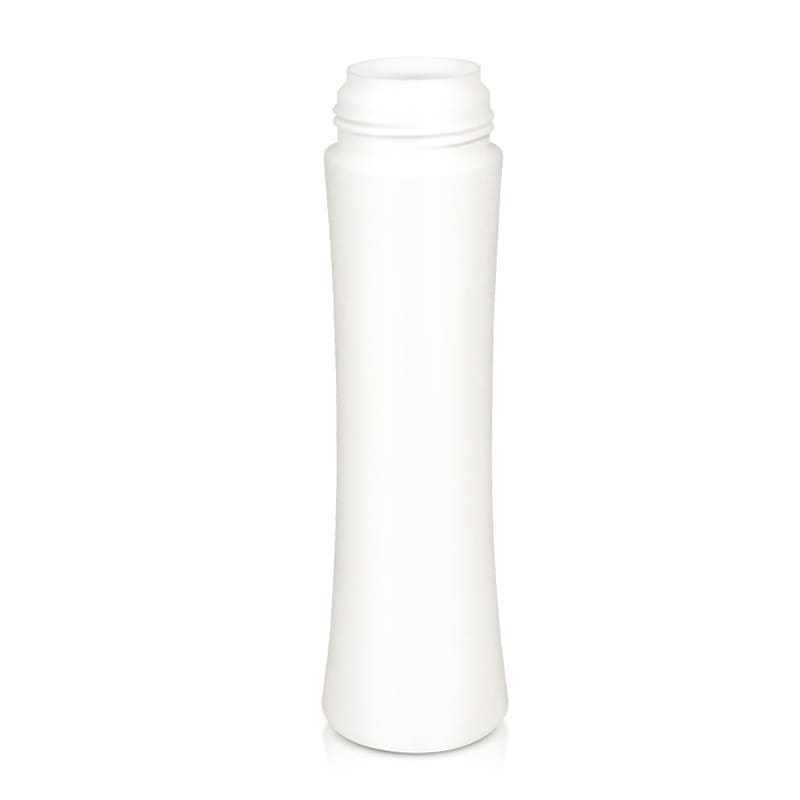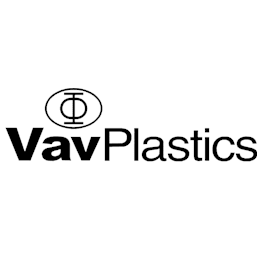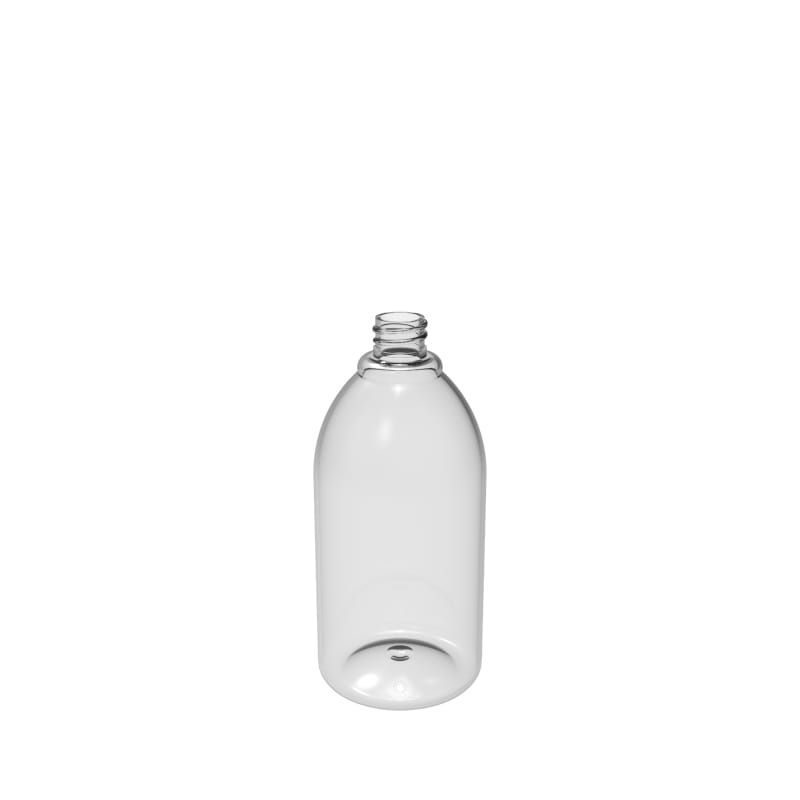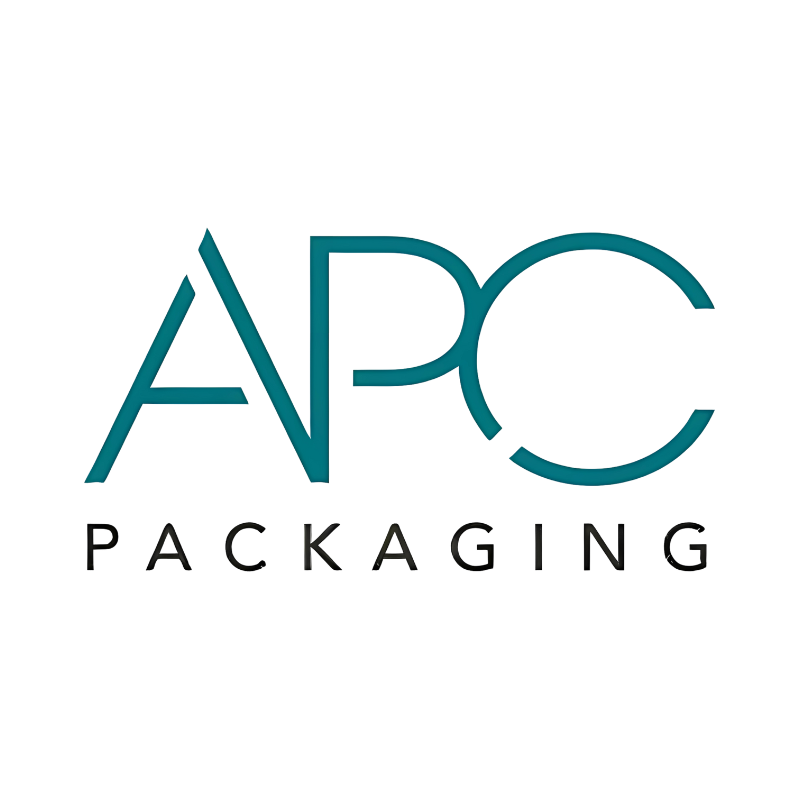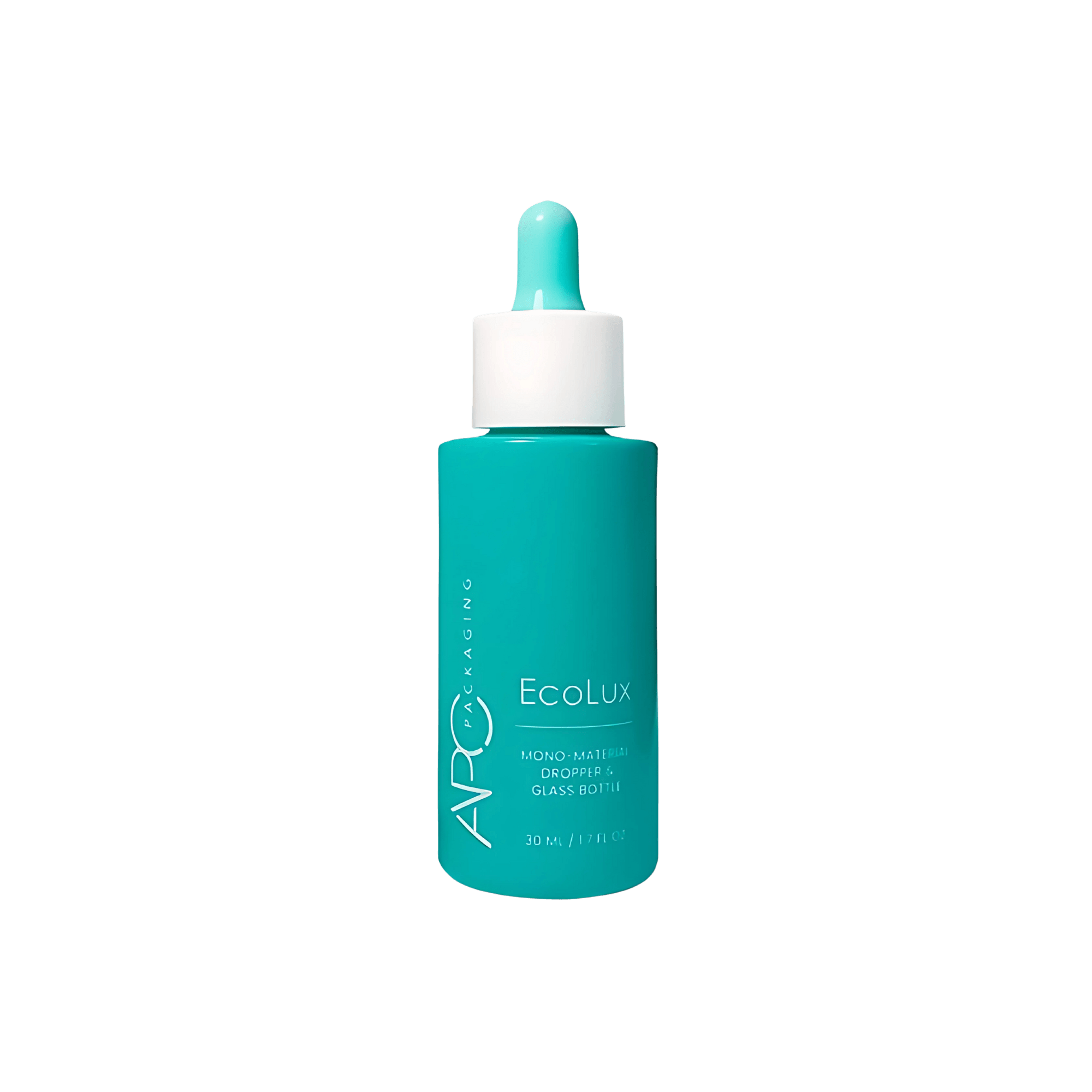Where can I source Bio Plastic Bottles?
You can source Bio Plastic Bottles from reputable suppliers such as Idealpak, Precision Concepts, Resilux, eXpack, and APC Packaging. When sourcing, consider key specifications like bottle size, material type, and compatibility with your product. These bottles are commonly used for packaging beverages like soda, beauty and personal care items, and other consumer goods. Connect directly with these vetted manufacturers through Impacked to learn about their capabilities, request samples, and get competitive pricing for your next product launch.
Connect directly with these vetted manufacturers through Impacked to learn about their capabilities, request samples, and get competitive pricing for your next product launch.


